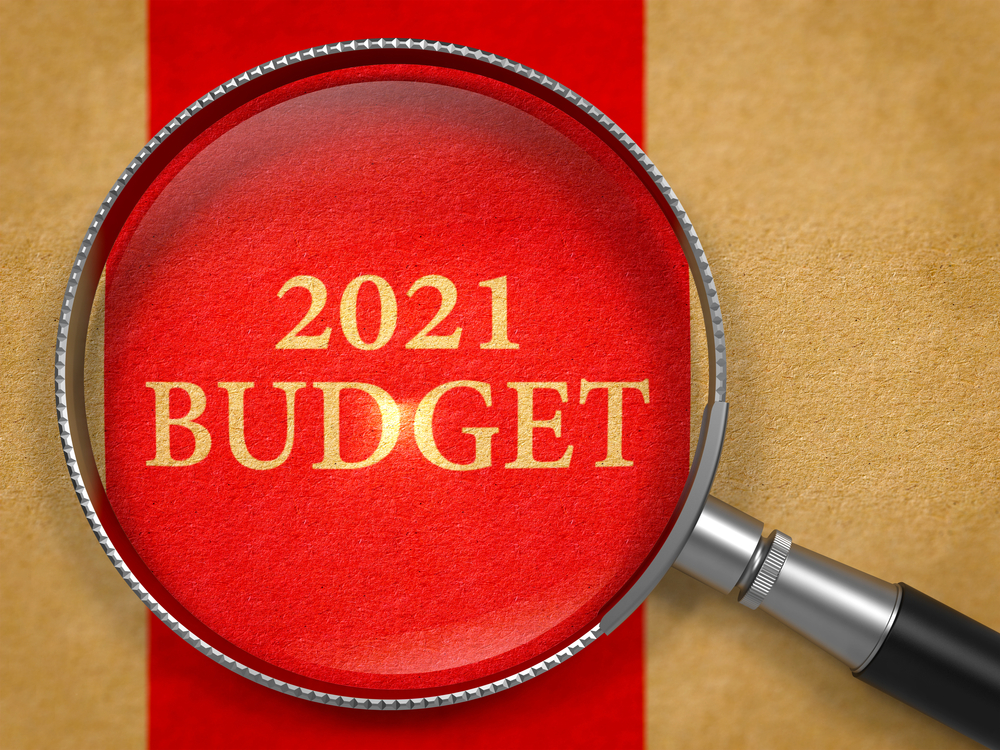
What the Spring Budget means for you and your fleet
In the wake of the coronavirus pandemic and the unprecedented economic fallout, the 2021 Budget was always going to be an historic one.
The fleet industry watched with bated breath as the Chancellor sought to balance protecting the economy during the final months of the pandemic with kick-starting recovery.
A range of tax and spending plans were announced as Rishi Sunak set about tackling some of the biggest economic challenges the country has ever faced.
Notable announcements for the business world included a new ‘super deduction’ scheme, which is set to allow firms to cut their tax bills by 25p for every £1 they invest in new equipment. The temporary 130 per cent capital allowance can be used by companies investing in EV charging infrastructure.
Corporation tax, meanwhile, will rise from 19 per cent to 25 per cent for companies with profits of over £250,000 from April 2023. A Small Profits Rate, however, means only 10 per cent of companies will pay the full 25 per cent rate.
This tax hike makes the available capital allowances and tax relief on low and zero emission company vehicles all the more compelling, furthering the drive to fleet electrification.
Total public sector spending on transport for 2021-22 will amount to £51 billion and is set to include a £4.8 million hydrogen hub in Holyhead to pilot the creation of hydrogen using renewable energy and its use as a zero emission fuel for HGVs.
Other key measures that may impact your fleet operations and decisions in the months ahead are summarised below.
FUEL DUTY TO REMAIN FROZEN
Despite the government’s commitment to net-zero emissions, the Chancellor confirmed that tax on petrol and diesel won’t be increased for another 12 months – a fuel duty freeze at 57.95p per litre for the eleventh consecutive year.
What this means for you
Fleet operators are playing a vital role in the electrification of road transport. But while the business case is becoming ever more compelling, cost and operational challenges remain.
Those yet to make the EV transition are left paying the highest pump prices in Europe. This welcome announcement will ensure the cost burden is not exacerbated for businesses striving to help drive our recovery from one of the toughest business environments on record.
VEHICLE EXCISE DUTY
Vehicle Excise Duty (VED) for cars, vans and motorcycles will increase in line with inflation (RPI).
VED for Heavy Goods Vehicles (HGVs), however, will be frozen as part of the government’s efforts to support the road haulage sector and pandemic recovery. The HGV Levy will be suspended for another 12 months from August.
What this means for you
Fleets will have to budget for the small increase in VED for cars and vans from April 2021.
VAN BENEFIT CHARGE AND FUEL BENEFIT CHARGES
The car and van fuel benefit charge, along with the van benefit charge, will increase in line with inflation (CPI).
What this means for you
You and your employees will need to budget for the following increases from April 2021:
- the flat-rate van benefit charge will increase to £3,500
- the flat-rate van fuel benefit charge will increase to £669
- the car fuel benefit charge multiplier will increase to £24,600
To find out how we can help you cut your vehicle running costs, speak to our fleet specialists.
EMAIL US advice@fleetoperations.co.uk
